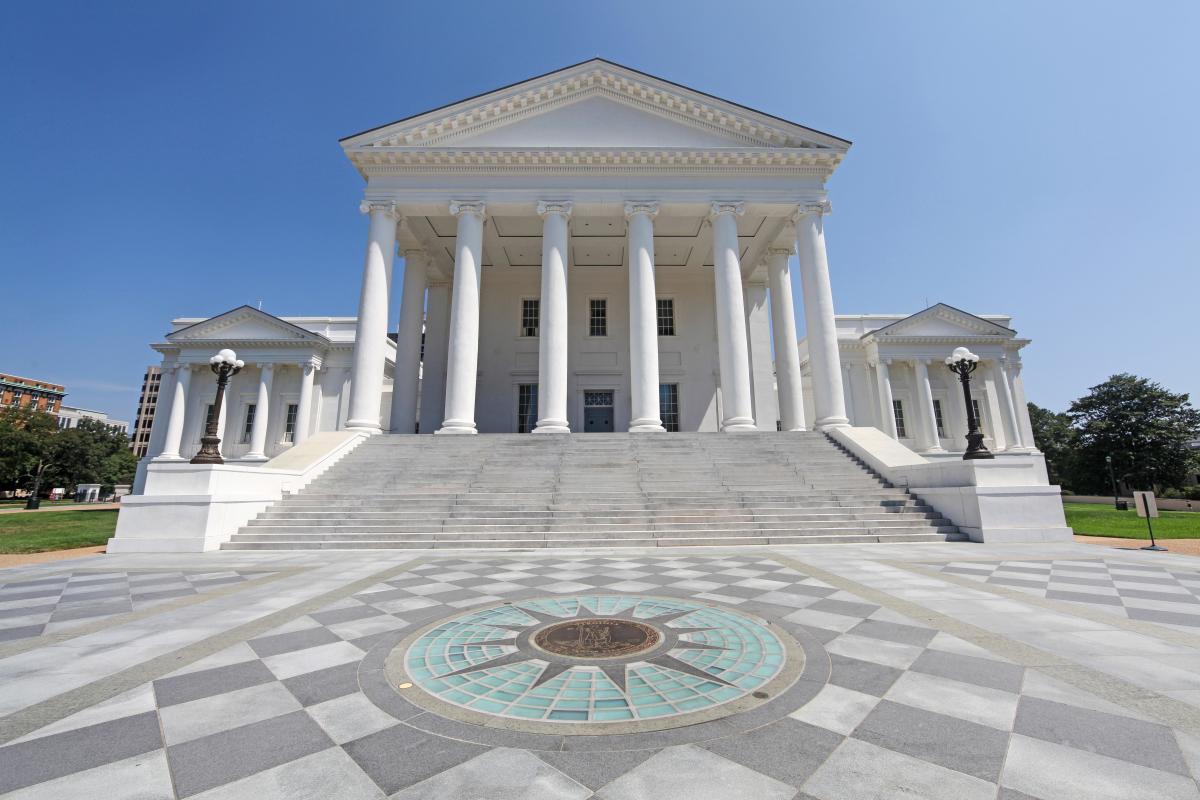 Another state legislature is moving forward with a state-run retirement savings program for private sector employees—this time in the form of an open MEP.
Another state legislature is moving forward with a state-run retirement savings program for private sector employees—this time in the form of an open MEP.
Introduced by Delegates Hala Ayala (D-Prince William) and Ibraheem Samirah (D-Fairfax/Loudoun), the Virginia House of Delegates on Feb. 6 approved an amended version of H.B. 775 by a vote of 93-5.
The legislation establishes the Multiple Employer Retirement Plan and directs the governing board of the Virginia College Savings Plan (Virginia529) to create the plan to allow employees of private employers in Virginia to contribute to a defined contribution retirement plan overseen by the board.
The bill is now pending before the Virginia Senate Finance and Appropriations Committee.
Under the legislation, all self-employed individuals, sole proprietors and nongovernmental employers would be permitted to allow their employees to participate in the plan. H.B. 775 also provides for automatic enrollment of an employer’s employees if such employer chooses to participate in the plan. Enrollees would be allowed to contribute to an account at a default rate and modify their contributions within the parameters of the Internal Revenue Code. Participating employers would also be allowed—but not required—to contribute to the account of any enrollee.
The bill prohibits the state from guaranteeing a rate of return or interest rate on any contribution and indemnifies it from losses incurred through the plan. It further authorizes the governing board to contract with third parties to implement and administer the plan.
The American Retirement Association, the parent organization of NAPA, is strongly concerned with the creation of a state-sponsored open MEP in Virginia, viewing this initiative as costly and unnecessary given the recent enactment of the SECURE Act, which eased many of the restrictive rules that had prevented private sector employers from participating in MEPs and may now foster the greater adoption of employer-provided plans.
While the legislation appears to be on a fast track, there are a few steps that still need to be completed before the state could set up such a plan. Of course, the state Senate still needs to approve the legislation and the governor needs to sign it.
The bill also contains a reenactment clause and directs the Virginia College Savings Plan to complete a study analyzing current state and federal retirement programs, other retirement savings options and the level of interest in such a plan. The College Saving Plan must report on its findings and recommendations to the General Assembly by Dec. 15, 2020.
This action by the Virginia state legislature comes amid an ongoing push by various other states, including Hawaii, Maine, New Mexico and Oklahoma, to consider legislation providing a retirement plan option for those private sectors employees who don’t have access to a plan.
According to data by the Georgetown University Center for Retirement Initiatives, at least 20 states introduced legislation in 2019 to establish new programs or form study groups to explore their options for creating government-run retirement programs for private-sector workers. In addition, the Center notes that 10 states and a municipality have enacted new programs for private sector workers, including California, Illinois, Massachusetts, Oregon and Washington.


